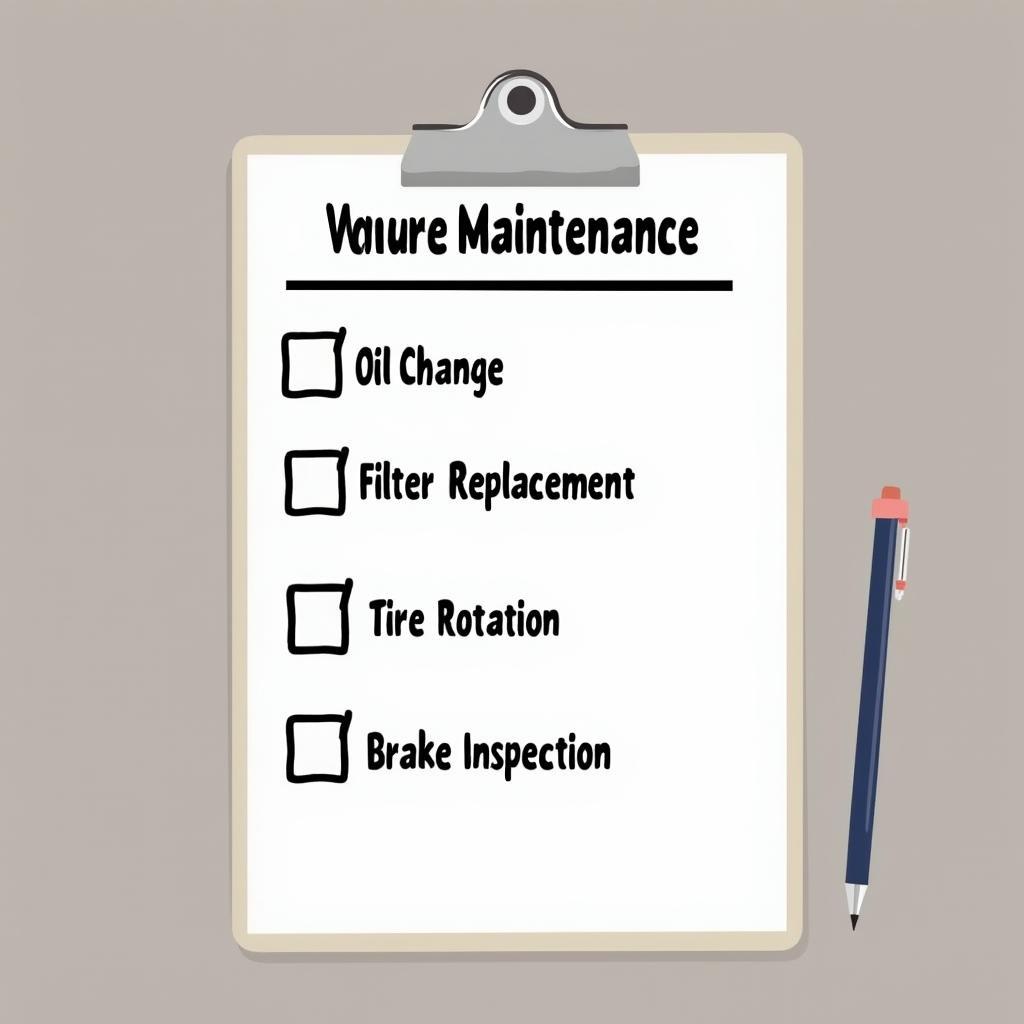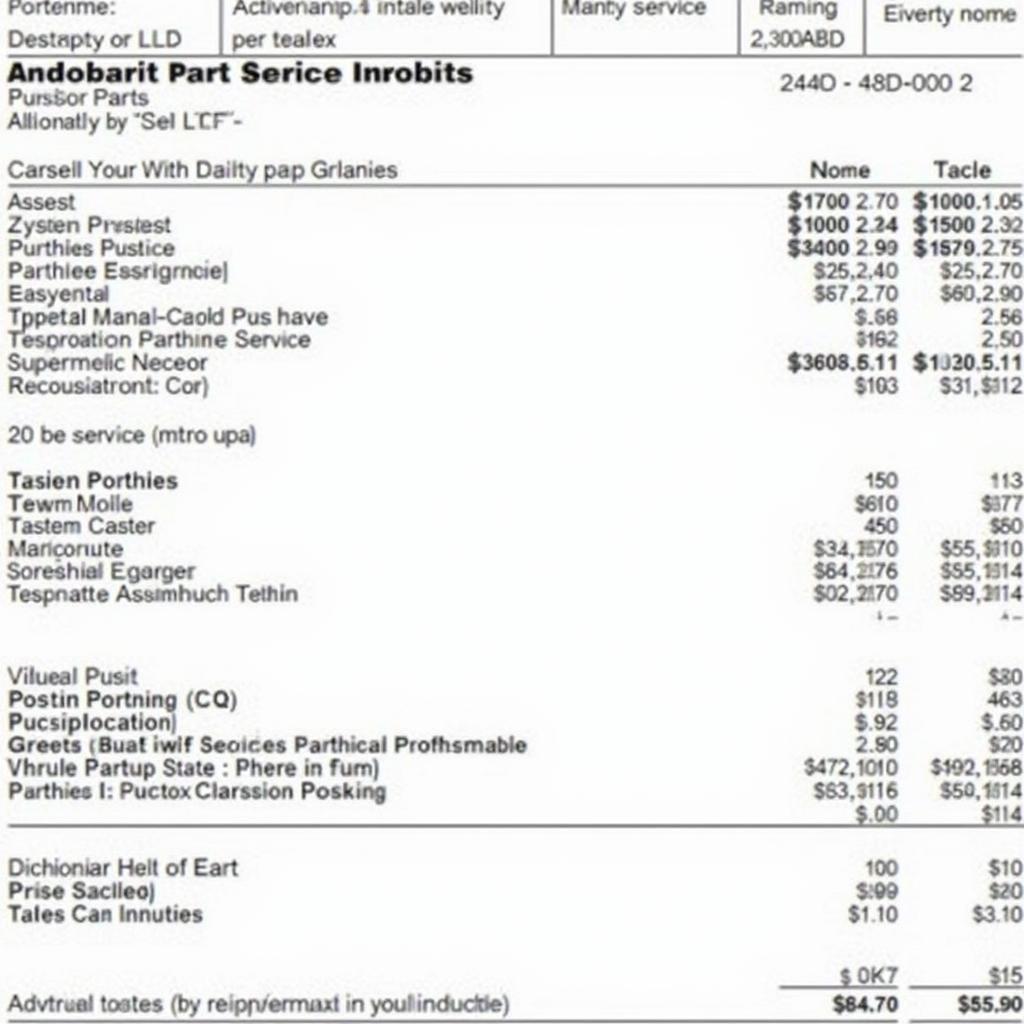Japanese Auto Service refers to the maintenance and repair of vehicles manufactured by Japanese brands such as Toyota, Honda, Nissan, Subaru, Mazda, Mitsubishi, Lexus, Infiniti, and Acura. Known for their reliability, fuel efficiency, and advanced technology, Japanese cars have gained immense popularity worldwide.
 Modern Japanese Car Engine
Modern Japanese Car Engine
To ensure optimal performance, longevity, and safety, regular servicing by qualified technicians is crucial. This article delves into the intricacies of Japanese auto service, covering essential aspects such as routine maintenance, common repairs, finding a reputable service center, and cost considerations.
The Importance of Regular Japanese Auto Service
Similar to any other vehicle, Japanese cars require consistent maintenance to perform at their best. Regular servicing helps identify and address potential issues before they escalate into major problems, ensuring your vehicle operates smoothly and safely for years to come.
 Car Service Checklist
Car Service Checklist
Common Japanese Auto Service Needs
While Japanese cars are renowned for their dependability, they are still subject to wear and tear over time. Some common service needs include:
- Oil and Filter Changes: Regular oil changes are vital to lubricate engine components, reduce friction, and prevent premature wear.
- Brake System Maintenance: Brake pads, rotors, and fluids need periodic inspection and replacement to ensure optimal stopping power.
- Tire Rotation and Balancing: Regularly rotating tires promotes even wear and extends their lifespan.
- Fluid Checks and Top-offs: Engine coolant, transmission fluid, brake fluid, and power steering fluid levels should be checked and topped off regularly.
- Timing Belt/Chain Replacement: This is a crucial maintenance task that ensures proper engine timing and prevents catastrophic engine damage.
Finding a Reliable Japanese Auto Service Center
Choosing the right service center is crucial for the well-being of your Japanese vehicle. Look for a reputable shop with experienced technicians who specialize in Japanese makes and models. Consider factors such as:
- Certifications and Expertise: Look for ASE-certified technicians or those with manufacturer-specific training.
- Customer Reviews and Reputation: Online reviews and testimonials can provide insights into the quality of service.
- Specialized Equipment and Tools: Ensure the service center has the necessary diagnostic equipment and tools for your specific make and model.
Cost Considerations for Japanese Auto Service
Service costs can vary depending on the make and model of your vehicle, the type of service required, and the geographic location. It’s always a good idea to obtain multiple quotes from reputable service centers to compare pricing.
 Auto Service Invoice
Auto Service Invoice
Conclusion
Regular Japanese auto service is essential for maintaining your vehicle’s performance, safety, and longevity. By adhering to a consistent maintenance schedule and addressing any issues promptly, you can enjoy many miles of trouble-free driving. Remember to choose a reputable service center with experienced technicians who specialize in Japanese vehicles.


